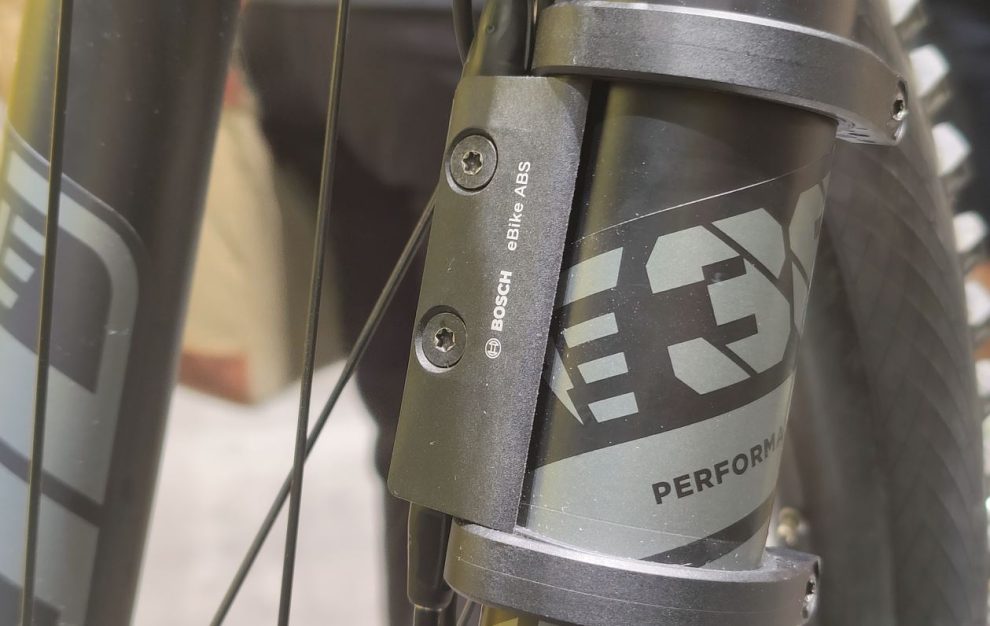Research conducted by Haymarket’s Move Electric title on the triggers for consumers buying into electric bikes has found that more than half would pivot toward a bike featuring ABS braking technology; something that is now becoming more prominent as manufacturers like Shimano (via BluBrake) and Magura have invested in product development.
Anti-lock braking systems (ABS) resonated with 55.4% of consumers for the simple reason that many who have experienced a crash attribute the cause to losing control under heavy braking. 27.6% of the 878 pool of consumers said they had experienced a crash where they lost control down to braking. 33.7% said they had struggled to brake effectively when they have been faced with an impending dangerous situation.
Just 7.8% said they would actively prefer a bike or eBike without ABS specced.
In this particular study, just show of one in five (18.9%) said they were currently in the market for an electric bike.
When asked how much extra they would be prepared to pay to buy an electric bike with ABS fitted, more than half (56.6%) said up to £150, and 22.3% said between £151 – £250. Only 8.4% would be willing to pay more than £500 despite the majority preferring to buy an eBike with ABS installed.
Move Electric’s research also found a third (33.1%) of potential eBike buyers would like to see ABS as standard across all eBikes, while half (50.6%) would like to see ABS as at least an optional extra.
As part of the development of Bosch’s eBike ABS technology, it found that up to 29% of eBike accidents could be prevented each year if all electric bikes were equipped with ABS.
Separate research by CyclingIndustry.News has previously outlined the various other factors that most lend to consumers purchasing electric bikes. Our findings, available to purchase in full, reveal that:
- Price is the main factor for consumers when purchasing and that will only have become more important during the cost of living crisis
- The importance of warranty backup and post sales service is immensely important to the consumer – bike shops report that this is important and referenced by at least half of their customers.
- Range and the brand name on the motor are again commonly referenced at point of purchase – 48% of bike shops cite these factors as important to their customers.
- The brand name on the bike itself is not as important – only about a quarter prioritise this, arguably suggesting it’s too early for brand loyalty in a relatively young marketplace.
Source: Cycling Industry



























